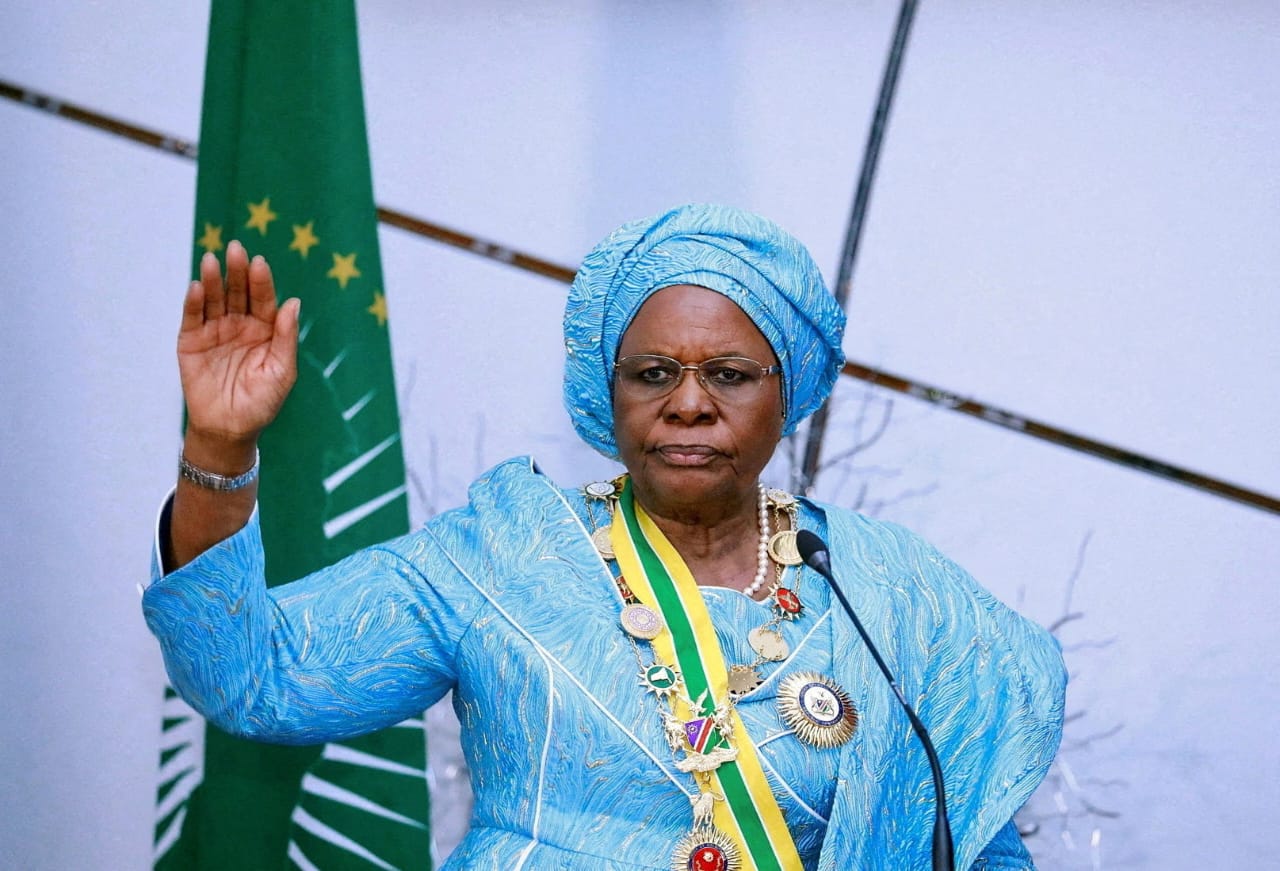
Namibia is implementing a sweeping change to it’s travel policies, revoking visa-free access for over 30 countries, including global powers such as the United States and the United Kingdom with effective from April 1st, 2025.
This policy shift was originally decided by the Namibian cabinet in July 2024 with the aim of addressing long-standing disparities in visa reciprocity for Namibian citizens. The move comes after the inauguration of Namibia’s first female head of state — Netumbo Nandi-Ndaitwah — who is determined to uphold the decisions made by her administration.
With this move, Namibia seeks to correct the imbalance that has remained dominant in international travel agreements. This landmark policy follows a similar decision by the United Kingdom (UK) in 2023, which revoked visa-free access for Namibian passport holders. While citizens of the US and UK benefit from visa-free access to over 180 nations worldwide, Namibians are not afforded the same privileges in return.
By requiring visas for travellers from these countries, Namibia hopes to assert it’s commitment to equitable diplomatic relationships. However, this decision has sparked debate, particularly among stakeholders in Namibia’s tourism sector. Germany, the nation’s largest source of international tourists, alongside other European countries, is among those affected by the new visa requirements.
According to a report by Simonis Storm, in October 2024, over 43.86% of international tourists came from Germany, Austria and Switzerland whilst 23,000 annual visitors came from the United States. This is almost half of the nation’s tourists and some stakeholders are raising concerns that these changes could deter travel. Therefore, to ease the process for affected travellers, Namibia is introducing an online visa application system and offering visas upon arrival, set at a fee of R1,600.
Countries with reciprocal visa agreements, such as South Africa, Angola, Botswana, and Zimbabwe, are exempt from the new policy, preserving seamless travel within the region. Namibia’s new visa rules represent a bold step towards reshaping it’s global relationships and asserting its diplomatic agency. As the world adjusts to this shift, the implications for tourism, international collaboration, and regional partnerships will be closely observed.


